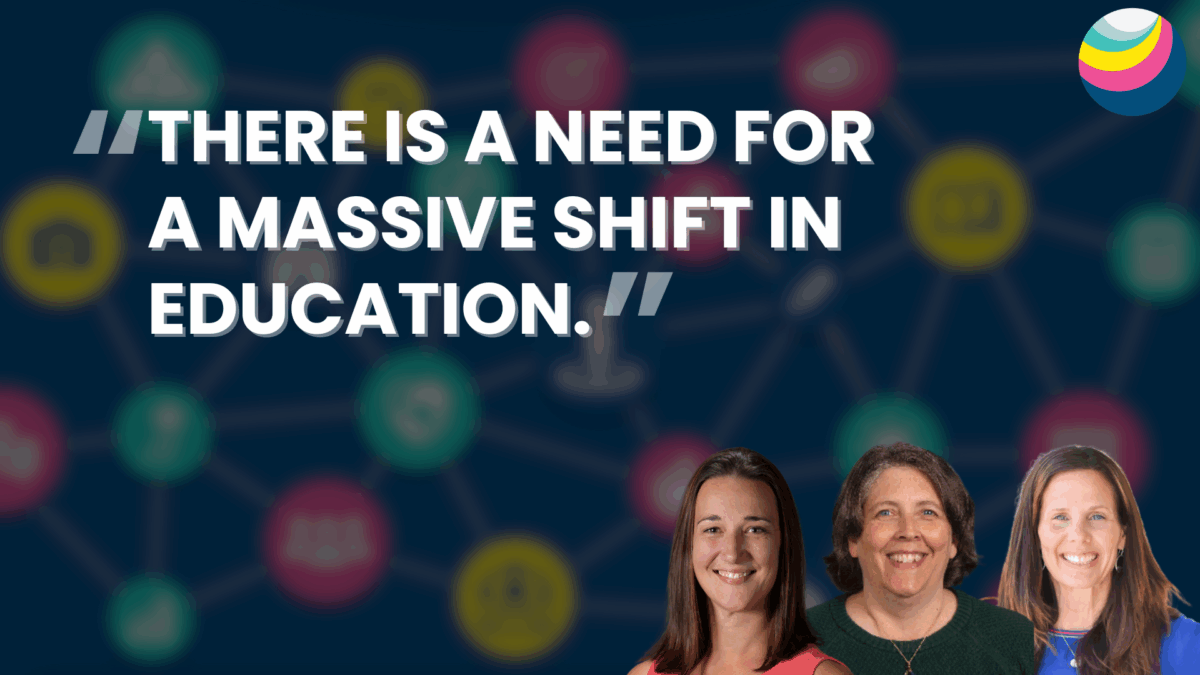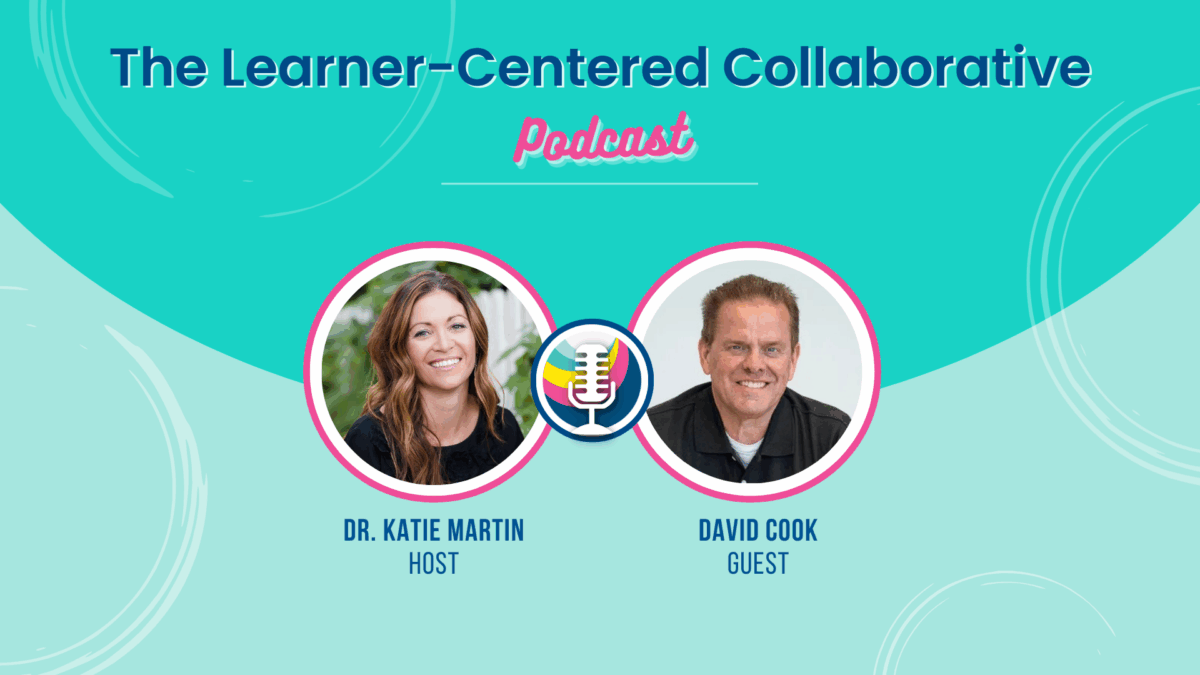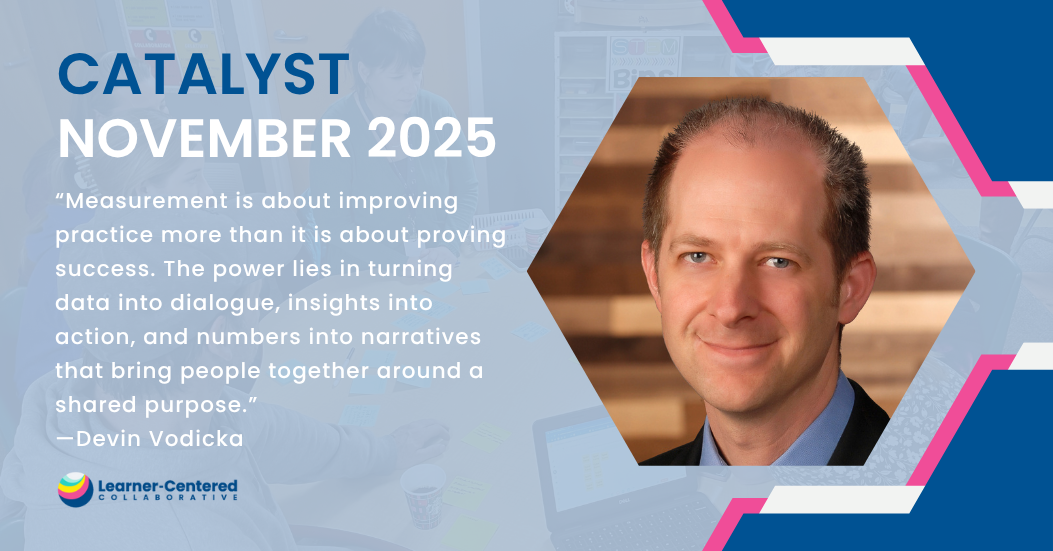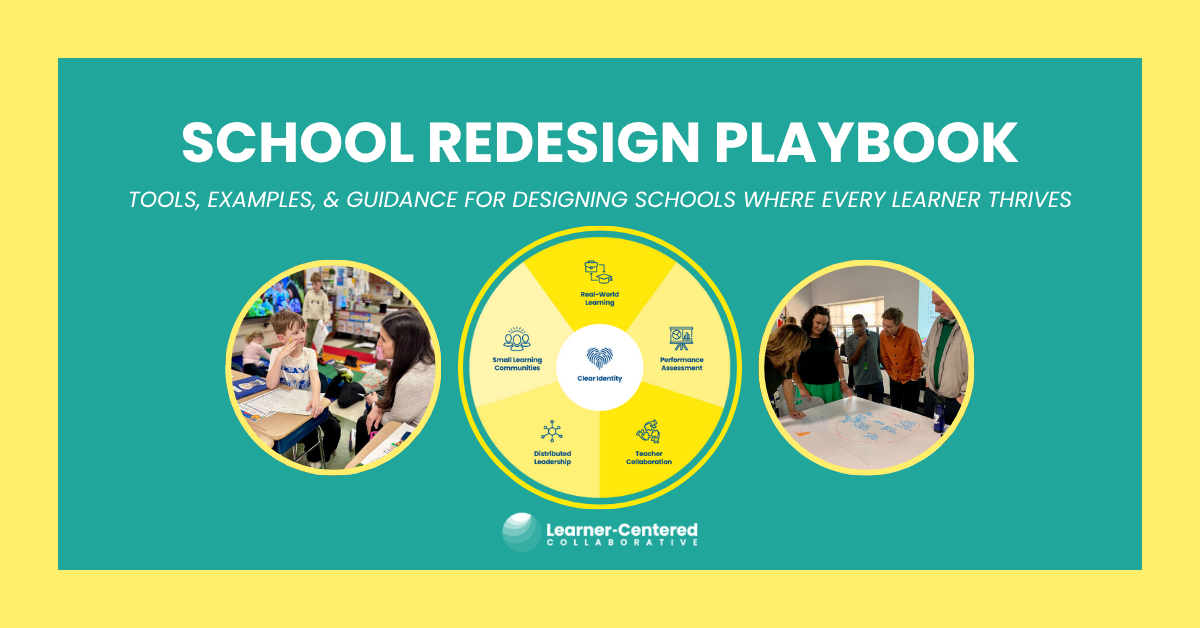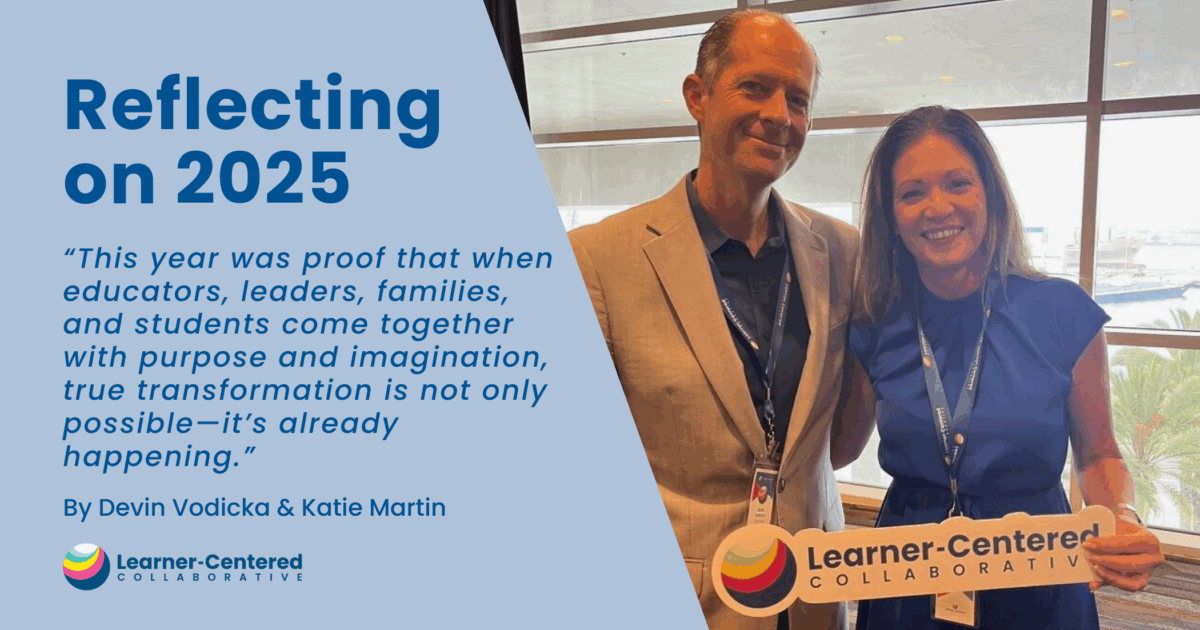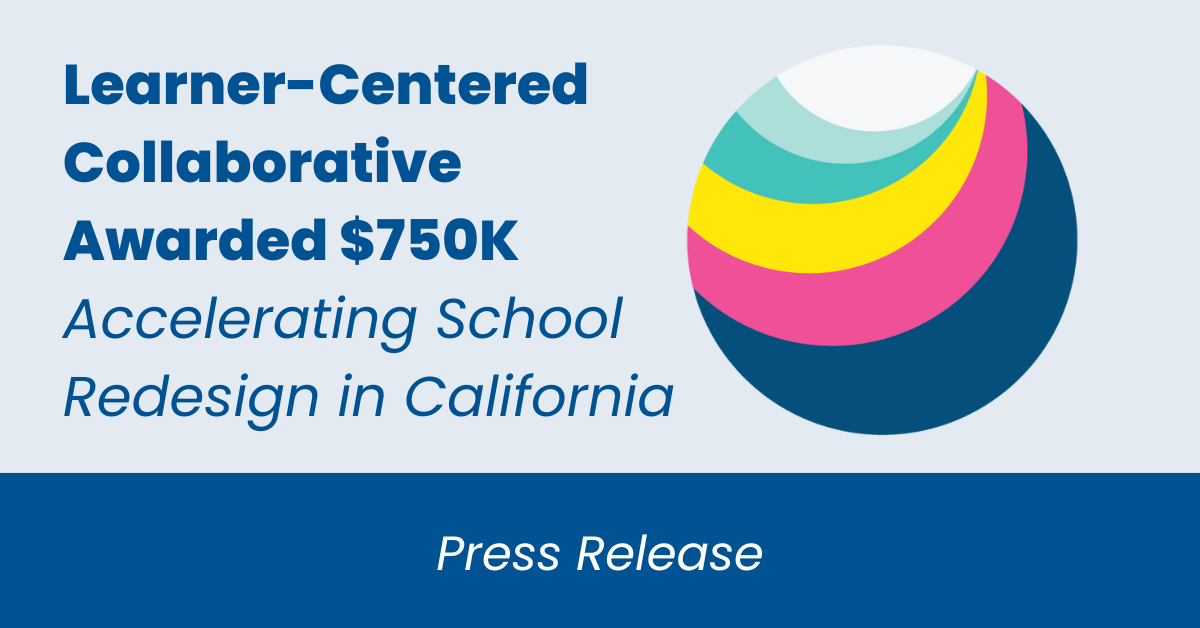Exhibition of Learning
Overview
Exhibitions of Learning (also called Celebrations of Learning, Showcases of Learning or Demonstrations of Learning) are events where students share their learning and any products from a learning experience or project with a broad and public audience. These events could take the form of a formal presentation (ex. play), an individual exhibition (ex. science fair) or a gallery walk of student tables (ex. showcase). Exhibitions of learning provide authentic audiences for students with a public deadline which leads to higher quality of work. This gives students motivation to work towards something that will be seen beyond their teacher and classroom. It is also an opportunity for the greater community including families to be part of the learning process.
Typically these happen at the end of a project-based learning experience or other large experience or project. Ideally, learners have the opportunity to share the products of their learning that address a specific question or real world problem with the audience for whom the learning is most useful and relevant, which might be a broad and public group. The process of sharing their learning and reflection should be deeply embedded in the experience. Exhibitions typically include multiple students sharing their work on the same project or experiences. In addition to sharing products of learning, learners can share the process of learning and their reflections from the experience.
These exhibitions are distinct from defenses of learning, which focus one learner at a time with a smaller audience in the panel, reflecting more on personal growth over multiple learning experiences and projects.
You can learn more about this in our course, Design Performance-Based Assessments.
Bright Spots
District-Wide Showcase of Learning
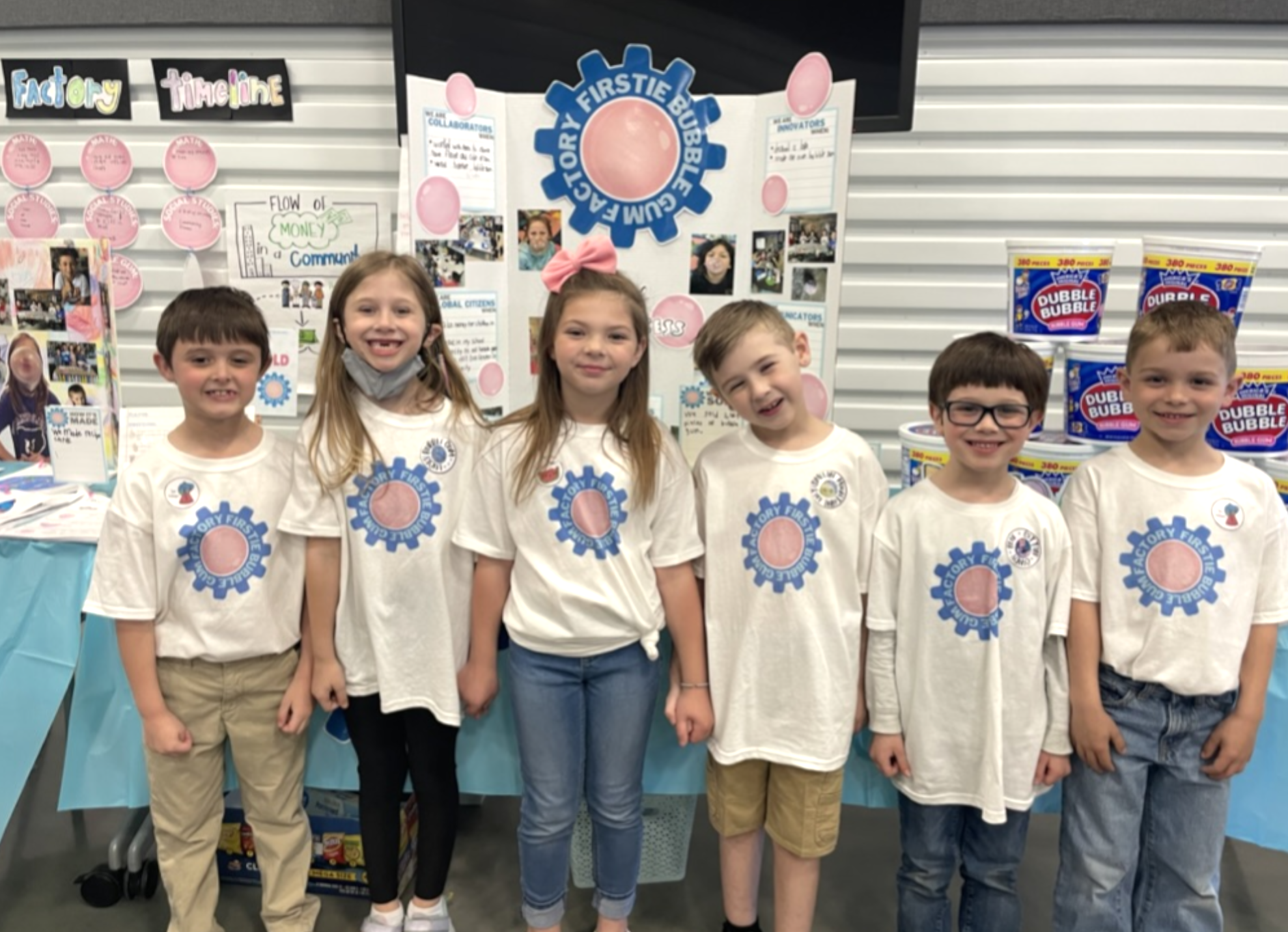
First graders in Logan County, KY celebrate their ability to learn a new skill – how to blow a bubble with gum – and document the process in writing. They created a poster and t-shirts as visual aids in their presentation at a county-wide showcase, to which all school families were invited.
Pitch Day!
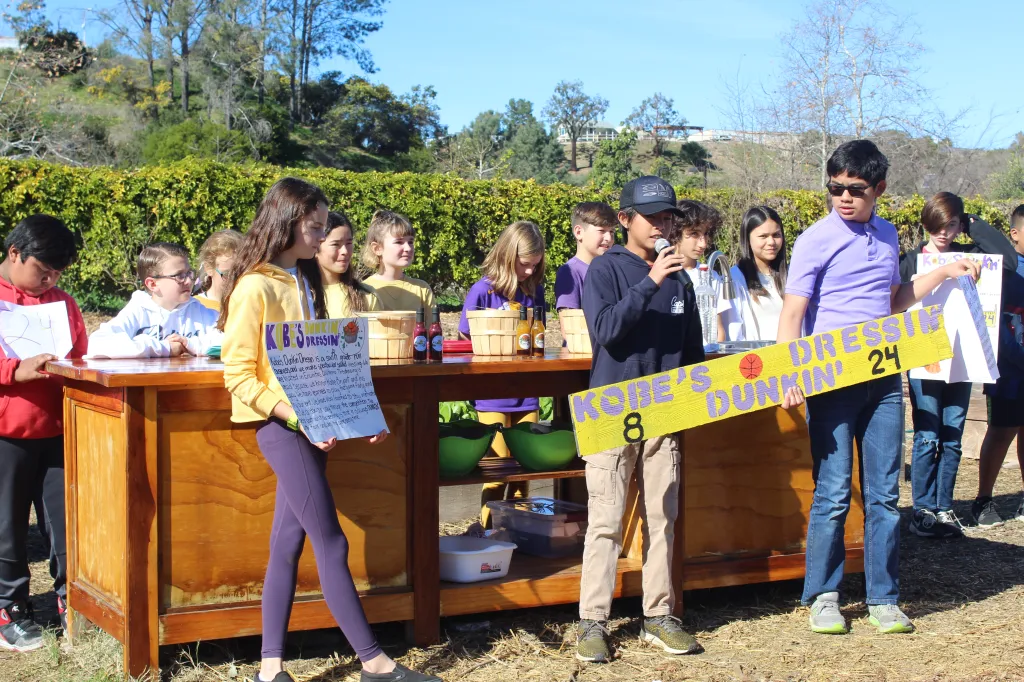
6th grade students at Encinitas Union School District participate every year in Salad Wars as part of a week-long project-based learning experience at the Farm Lab where they develop a salad dressing company as a team. At the end of the week students pitch their salad dressing concepts to a team of judges. During this authentic exhibition of learning they share their salad dressing company name, the recipe of their salad dressing and even prepare a jingle or other form of commercial.
Community-Based Exhibitions of Learning
By loading this video, you agree to the privacy policy of Youtube.
Students at High Tech High K-12 showcase their project-based learning products in a community exhibition of learning that includes the entire local community.
Kindergarten Celebrations of Learning
By loading this video, you agree to the privacy policy of Youtube.
Students at Expeditionary Learning share their learning and art through a gallery walk evening. Community and family members joined the event.
Museum Style Exhibitions
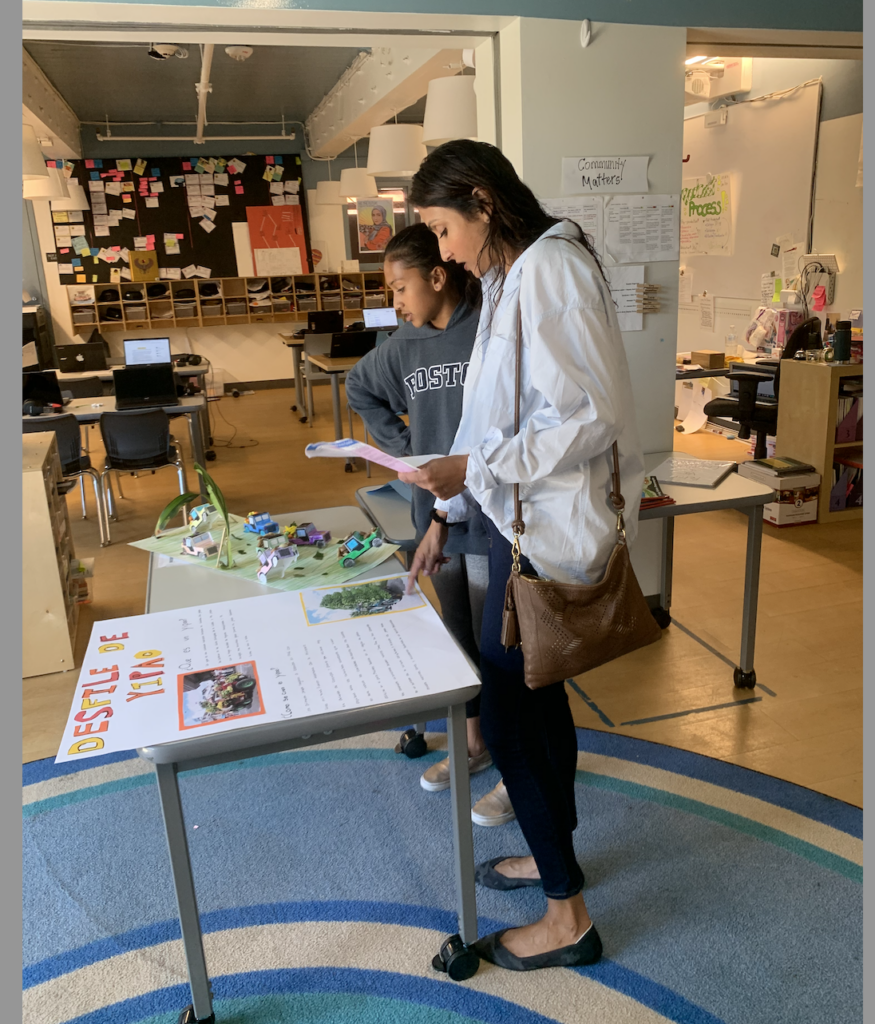
Students at a San Francisco elementary school take their family members around a museum style exhibit where different stations and displays shared each groups’ learning around Columbia in their Spanish class.
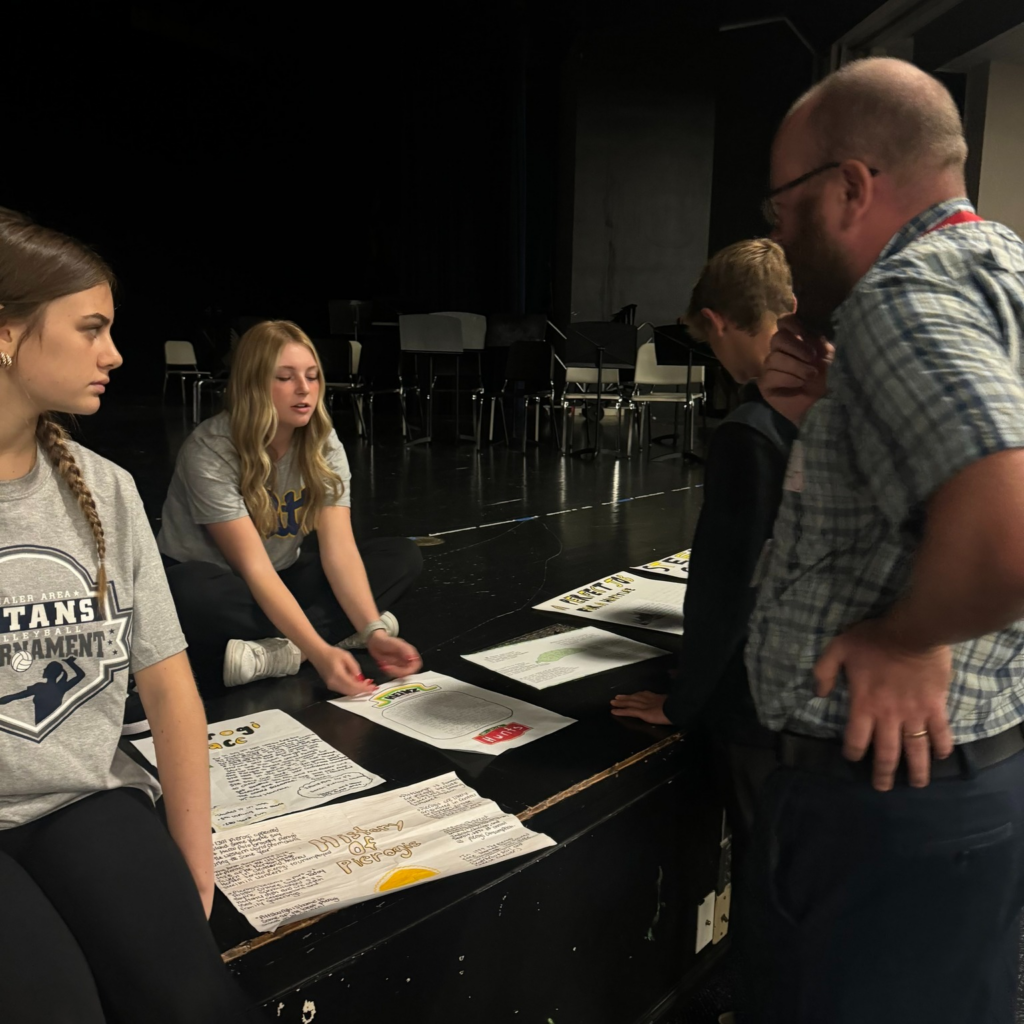
Source: Facebook
At Hampton High School in Hampton Township, students in English 9 and World Geography block visited the Heinz History Center on a field trip where they gained inspiration for creating their own museum exhibits highlighting Pittsburgh’s unique cultural and physical features. Later, an educator from the Heinz History Center came to the high school for students’ gallery walks, where they proudly shared their museum artifacts.
This bright spot was shared by Shannon Roos, one of Learner-Centered Collaborative’s Learner-Centered Innovators. To submit your own bright spots, please share them here.
- What are some key project-based learning experiences, capstone projects or other activities at your school or district in which learners could share their learning and some products of their learning with a public audience?
- Will you want to have one exhibition as a district, a school, a grade level? Will you want to have it at a specific time each term or schedule them more specifically to each project?
- Who will you invite to the exhibitions? Consider including family members, community members, and other students. The more authentic the product, the more authentic the audience can be.
- How will people who come to the exhibition interact with students and their learning? Will there be small group or whole group presentations or will it be more of a gallery walk or museum style showcase? Will you provide participants with anything to guide them through the experience such as example questions to ask?
- How will you support learners in preparing for the exhibition? Consider leaving plenty of time in class leading up the day of the exhibition for learners to practice and reflect.
